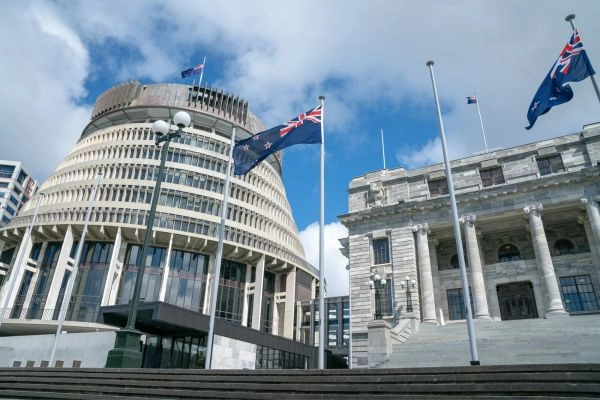New Zealand’s Climate Reporting Law: What Your Business Needs to Know

New Zealand made global headlines as the first country to pass legislation mandating climate-related financial disclosures. The move signals a decisive shift toward greater transparency and accountability in the face of climate change — and it has direct implications for many businesses operating in Aotearoa.
Who Does the Law Apply To?
The Financial Sector (Climate-related Disclosures and Other Matters) Amendment Act 2021 applies to large financial market participants and listed companies. This includes:
- Registered banks, credit unions, and building societies with total assets over NZ$1 billion
- Licensed insurers with over NZ$1 billion in total assets or annual premium income over NZ$250 million
- Managers of investment schemes with assets under management exceeding NZ$1 billion
- NZX-listed companies that meet the large entity threshold
Roughly 200 entities are currently captured by the law.
What Are These Businesses Required to Do?
Organisations must now publish climate statements in accordance with standards set by the External Reporting Board (XRB). These disclosures are designed to help stakeholders understand how climate-related risks and opportunities impact a business’s operations, strategy, and financial outlook.
The current standards are based on the Task Force on Climate-related Financial Disclosures (TCFD) but are transitioning toward alignment with IFRS S1 and S2 from the International Sustainability Standards Board (ISSB).
Key Areas of Disclosure
Under XRB's Climate-related Disclosure Standards, reporting entities must cover:
- Governance of climate-related risks and opportunities
- Strategy and how the business plans to adapt
- Risk management processes for identifying and responding to climate issues
- Metrics and targets used to measure and manage climate risk
- Greenhouse gas emissions (Scopes 1, 2, and 3)
Why This Matters Now
From 1 January 2023, climate statements became mandatory for applicable entities. Starting late 2024, limited assurance will be required for emissions disclosures — with full assurance expected to follow by 2025. That means companies need not only to report but to demonstrate the quality and credibility of their data.
With climate risk becoming a central governance issue, boards and senior leaders must take ownership of their organisation’s readiness.
How Speeki Can Help
At Speeki, we help organisations align with New Zealand’s climate disclosure requirements and prepare for the assurance era. Our platform provides tools for:
- Structured data collection and documentation
- Alignment with both TCFD and IFRS S1/S2
- Internal controls and audit-readiness
- Integration of climate reporting into broader sustainability strategy
By working with Speeki, New Zealand businesses can turn compliance into a long-term advantage — while building trust with stakeholders and staying ahead of evolving standards.

.webp)


